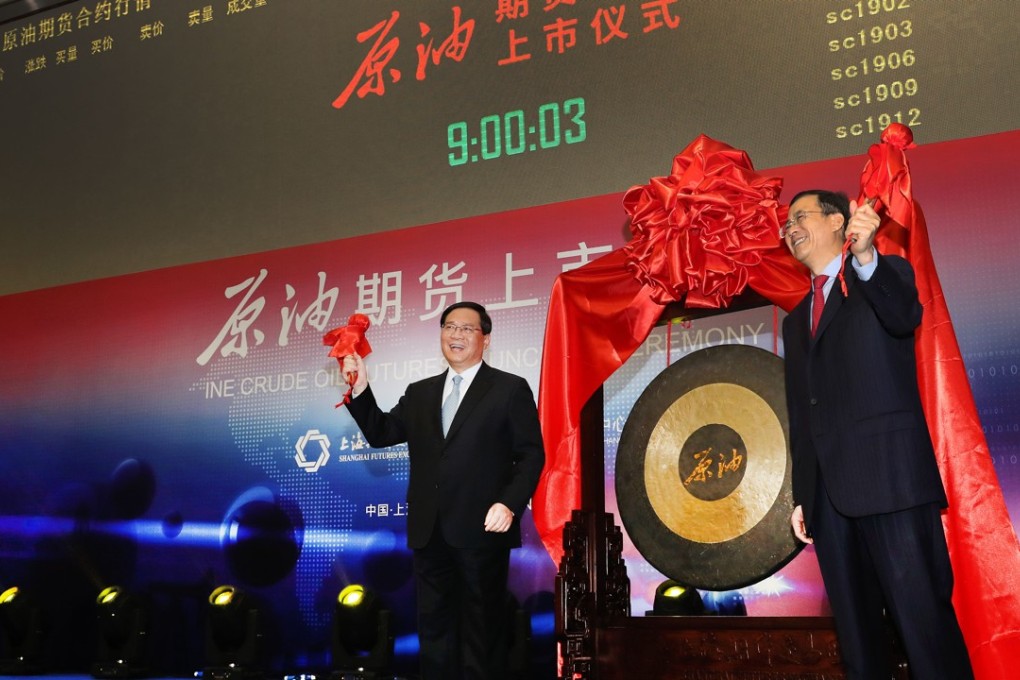Will China’s renminbi oil futures end the petrodollar monopoly?

Although the launch of the Chinese version of crude oil futures has been brewing for a long time, it has caused some concern in the international community.
Some people even linked the matter with Sino-US relations that were plagued by a trade war, believing that this was the cause, or result, of the Sino-US trade dispute.
However, I think the introduction of oil futures will not affect Sino-US trade, at least in the short term, nor will it cause any loss to the United States.
China challenges Europe, US benchmarks with launch of first oil futures contracts
For China, the world’s biggest oil buyer, the introduction of oil futures is a natural reflection of its position in the global oil trade. The reason the Shanghai crude oil futures has really triggered people’s imagination is that it is denominated in renminbi. Global commodities have been basically priced in dollars so far.